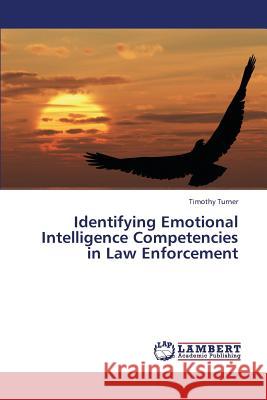Identifying Emotional Intelligence Competencies in Law Enforcement » książka
Identifying Emotional Intelligence Competencies in Law Enforcement
ISBN-13: 9783659339523 / Angielski / Miękka / 2013 / 188 str.
The study is a systematic approach to identify specific emotional intelligence competencies distinctive of exemplary law enforcement (LE) leaders and provides empirical understanding of leadership characteristics of LE. There were several significant positive and negative correlations between law enforcement leaders and the various emotional intelligence competencies including: region, gender, education, number of employees in an agency, number of employees indirectly supervised, and the duration spent in current positions. The study found the composite scale of General Mood and a cluster of emotional intelligence sub-scale competencies, consisting of social responsibility, problem solving, self-actualization, and interpersonal relationship as significant predictors identifying emotional intelligence competencies differentiating star performers. The implications of the present research are that emotional intelligence competencies could be used as a benchmark for succession planning in the development of future leaders. The present research demonstrates the need for law enforcement executives to demonstrate essential emotional intelligence competencies in a stressful occupation.











